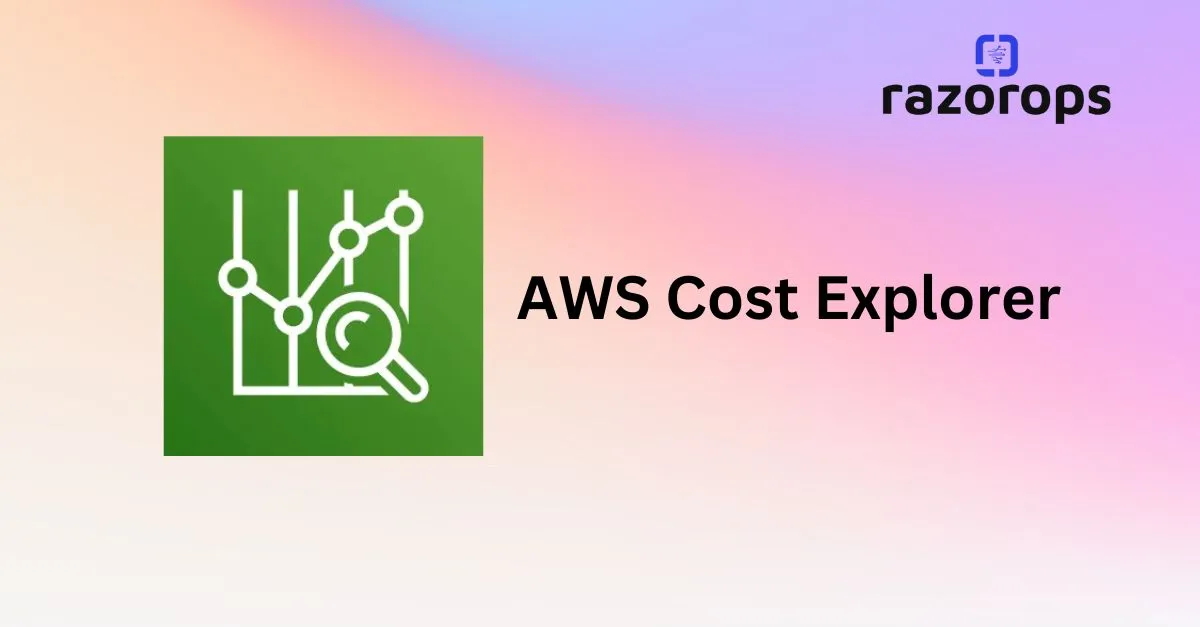Simplifying Kubernetes Native Testing with TestKube

As Kubernetes continues to dominate the container orchestration landscape, ensuring the reliability and stability of applications running on this platform is paramount. Testing in a Kubernetes-native environment demands specialized tools that understand the intricacies of containerized deployments. Enter TestKube, a powerful testing framework designed specifically for Kubernetes. In this blog post, we’ll explore the significance of TestKube and how it simplifies testing workflows in the Kubernetes ecosystem.
Understanding the Kubernetes Testing Challenge
Testing applications in Kubernetes presents unique challenges due to the distributed nature of container orchestration. Traditional testing tools often fall short in this environment, struggling to effectively manage container lifecycles, network configurations, and pod interactions.
What is Testkube?
Testkube is an open source, cloud native testing framework that simplifies the testing of Kubernetes applications. It allows users to store, execute and manage tests as part of a Kubernetes cluster. With Testkube, users can utilize multiple testing frameworks, orchestrate tests and perform automated testing. Additionally, it has a user-friendly web-based UI and CLI (command line interface) for better visibility and management.
Now we have an understanding of Testkube and how it simplifies the testing of Kubernetes applications, let’s dive into its capabilities and use cases.
Integration tests
Integration tests play a pivotal role in the software development lifecycle, ensuring that different components or modules of an application work seamlessly together. Unlike unit tests that focus on individual units of code, integration tests examine the interactions between these units. They validate the flow of data, communication protocols, and the overall functionality of the integrated parts, identifying potential issues that may arise when components interact. By simulating real-world scenarios, integration tests provide a comprehensive assessment of the system’s behavior, uncovering bugs that might not be caught through unit testing alone. This crucial testing phase instills confidence in the robustness and reliability of the entire application, ultimately contributing to a higher quality software product.
Integration with CI/CD
Integration with CI/CD (Continuous Integration/Continuous Deployment) is the cornerstone of modern software development, revolutionizing how teams build, test, and deploy applications. CI/CD pipelines automate the entire software delivery process, from code integration to deployment in production. This integration ensures that every code change is automatically tested, validated, and seamlessly deployed, reducing manual intervention and the risk of human error. Developers can confidently push updates knowing they will undergo rigorous testing before reaching production. This seamless flow accelerates the development cycle, allowing for faster releases, improved code quality, and greater agility in responding to market demands. Moreover, CI/CD’s integration fosters a culture of continuous improvement, as teams can quickly iterate and adapt to evolving user needs and technological advancements, ultimately leading to more robust and reliable software.
Enter TestKube
TestKube is a purpose-built testing framework that caters exclusively to the Kubernetes environment. It provides a suite of tools and utilities that streamline the testing process, ensuring that applications perform optimally in a Kubernetes cluster.
Key Features of TestKube
Native Kubernetes Understanding: TestKube comprehends Kubernetes objects and their interactions, allowing for precise and context-aware testing.
Simplified Configuration: TestKube employs a declarative YAML syntax for test configuration, making it intuitive and easy to set up tests.
Integration with CI/CD Pipelines: Seamlessly integrate TestKube into your CI/CD pipeline for automated testing of Kubernetes deployments.
Scalable Testing: With the ability to run multiple tests in parallel, TestKube facilitates comprehensive testing, even in large, complex Kubernetes clusters.
Rich Library of Test Scenarios: TestKube comes with a library of pre-defined test scenarios for common Kubernetes use cases, enabling quick and easy testing.
How TestKube Streamlines Testing
Simplified Test Authoring: Writing tests in TestKube is straightforward, thanks to its intuitive YAML syntax. Define test cases, specify configurations, and execute tests with ease.
Containerized Test Execution: TestKube leverages containers to execute tests, ensuring an isolated and consistent testing environment that mirrors the actual production setup.
Comprehensive Test Scenarios: The extensive library of pre-defined test scenarios covers a wide range of Kubernetes use cases, from pod lifecycle management to service discovery.
Context-Aware Testing: TestKube understands the Kubernetes context, enabling tests to interact with pods, services, deployments, and other objects in a manner that mirrors real-world scenarios.
Real-time Feedback and Reporting: Receive immediate feedback on test results, allowing for quick identification and resolution of issues.
Benefits of TestKube
TestKube offers numerous benefits to Kubernetes users:
Simplicity: Simplify the testing process with Kubernetes-native test definitions.
Consistency: Ensure consistent testing environments across development, staging, and production.
Efficiency: Streamline the testing workflow, making it faster and more automated.
Security and Compliance: TestKube helps validate network policies and security configurations to ensure compliance and security.
Scalability Testing: Easily test the scalability of your Kubernetes applications.
Customization: Tailor test cases to your application’s specific needs.
How TestKube Simplifies Testing Workflows
Test Definition: Define your tests in a YAML file, specifying the desired Kubernetes resources, actions, and assertions. This eliminates the need for custom scripts and provides a clear and standardized way to express your tests.
Parallel Execution: TestKube can run tests in parallel, reducing the overall testing time and allowing for rapid feedback.
Real Kubernetes Environments: Testing within actual Kubernetes environments ensures that your applications behave as expected in production, reducing the risk of issues post-deployment.
Reusable Test Cases: TestKube encourages the creation of reusable test cases, saving time and promoting consistency in testing procedures.
Kubernetes native testing can be a daunting task due to the inherent complexity of managing containerized applications within dynamic clusters. TestKube, an open-source testing framework, simplifies this process by providing a unified and user-friendly way to define, execute, and manage tests in Kubernetes environments. Whether you’re a developer looking to ensure your application runs flawlessly in a Kubernetes cluster or a DevOps team seeking to integrate comprehensive testing into your CI/CD pipelines, TestKube is a powerful tool that can streamline your testing workflows and elevate the quality of your Kubernetes-native applications. Try it out and simplify your Kubernetes testing today! Follow RazorOps Linkedin Page Razorops, Inc.
Enjoyed this article? Share it.







